Selenium supplements and tablets provide an essential trace mineral that plays a key role in antioxidant defence, thyroid function and immune health. Welzo’s curated selenium collection is designed to support your overall wellbeing, from cellular protection and hormonal balance to the maintenance of healthy hair and nails. If you are looking to build a complete mineral routine, you can also explore our wider Minerals Collection for comprehensive nutritional support.
What Is Selenium?
Selenium is an essential trace mineral required in small amounts by the body but vital for many critical processes. It is best known for its role in antioxidant defence through selenoproteins, which help protect cells from oxidative stress. Selenium also contributes to normal thyroid function, immune system performance and the maintenance of normal hair and nails.
Dietary sources include Brazil nuts, fish, meat, eggs and whole grains, but intake can vary depending on dietary patterns and soil content. Selenium supplements and tablets offer a convenient way to support adequate intake where diet alone may not be sufficient, or where additional support is recommended by a healthcare professional.
Key Benefits and Features of the Welzo Selenium Supplements & Tablets Collection
Benefits and features of selenium supplements include, but are not limited to:
-
Thyroid function support: Selenium contributes to normal thyroid function by supporting enzymes involved in thyroid hormone metabolism.
-
Immune system support: It plays a role in the normal function of the immune system, helping your body respond effectively to everyday challenges.
-
Cell protection: Selenium contributes to the protection of cells from oxidative stress, supporting long-term cellular health.
-
Hair and nail maintenance: It helps maintain normal hair and nails, making it a popular ingredient in beauty-focused routines.
-
Quality and compliance: Products in this collection are selected for verified purity and compliance with high manufacturing standards.
In addition to selenium, our collection is designed to sit alongside other key minerals. For example, Magnesium supplements help regulate muscle and nerve function and support better sleep and relaxation, Zinc supplements are vital for immune function and skin health, and Copper supplements work together with selenium to support collagen production and skin integrity as part of the body’s natural healing processes.
Why Selenium Is Important for Health
Selenium is central to the function of selenoproteins—specialised proteins that have roles in antioxidant activity, thyroid hormone regulation and immune defence. Adequate selenium status helps protect cells from oxidative damage, supports normal thyroid hormone production and contributes to the body’s resilience against everyday stressors.
Because the body cannot produce selenium, it must be obtained from diet or supplements. Shortfalls in intake over time may influence immune function, thyroid balance and overall antioxidant capacity, which is why selenium is often considered a core component of a targeted micronutrient plan.
How to Use Selenium Supplements Safely
Always read the label and follow the instructions provided with your selenium supplement or tablet. General guidance includes:
- Do not exceed the recommended daily dose unless advised by a healthcare professional.
- Take selenium with food, if suggested on the label, to support comfort and absorption.
- Speak to a GP or pharmacist if you are pregnant, breastfeeding, have a thyroid condition or any long-term health issue.
- Inform your healthcare provider of all medicines and supplements you are taking, as very high selenium intake can interact with certain treatments.
Selenium supplements are intended to complement a balanced diet, not replace it. Whole foods remain an important foundation for long-term health.
Different Types of Selenium Supplements & Tablets Available
-
Selenium tablets & capsules: Simple, consistent daily dosing for routine use.
-
Organic forms (e.g. selenomethionine, selenium yeast): Popular for their bioavailability and tolerability.
-
Inorganic forms (e.g. sodium selenite, sodium selenate): Used in certain targeted formulations under professional guidance.
-
Combination formulas: Selenium paired with other nutrients such as vitamins, minerals or antioxidants for synergistic support.
-
Beauty or thyroid blends: Specialist formulations that include selenium for hair, nails, skin or thyroid-focused routines.
Most Popular Selenium Supplements at Welzo
Customers often prefer selenium supplements and tablets that:
- Provide a moderate daily dose aligned with typical guideline ranges.
- Use well-researched forms such as selenomethionine or selenium yeast.
- Include clear labelling and minimal unnecessary additives.
- Fit easily into existing routines, whether aimed at thyroid health, immune support or beauty from within.
For expert-led product comparisons and guidance on choosing the right option, read our featured article Top Selenium Supplements: Dietitian’s Choice and Recommendations.
Statistics, Research and Expert Information on Selenium
Scientific research has highlighted selenium’s importance in antioxidant defence, thyroid hormone metabolism and immune function. Selenoproteins such as glutathione peroxidases and thioredoxin reductases are key components of the body’s antioxidant systems, helping to neutralise reactive oxygen species and protect cellular structures.
Studies suggest that maintaining adequate selenium status is associated with normal thyroid hormone activity, immune responsiveness and overall resilience to oxidative stress. However, as selenium is required only in small amounts, both deficiency and excessive intake are considerations—making appropriate dosing and professional guidance important when using supplements.
How We Select Our Selenium Supplements & Tablets Collection
At Welzo, we apply rigorous selection criteria to every selenium product we offer:
- Trusted manufacturers with robust quality control procedures.
- Clear disclosure of selenium form, dose and serving size.
- Products assessed for purity, stability and compliance with relevant standards.
- Options suitable for different preferences, including vegetarian and vegan offerings where available.
Trusted by Experts and Quality Assurance at Welzo
Our commitment to quality and evidence-based product ranges is overseen by experienced professionals. To learn more about our people and standards, visit:
Selenium Supplement Reviews
Customer feedback can help you understand how others use selenium supplements and which products may best suit your needs. Read verified reviews and ratings on our Welzo Reviews page.
Frequently Asked Questions About Selenium Supplements & Tablets
How much selenium should I take daily?
Recommended selenium intakes vary by age, sex and health status. Most supplements are formulated to sit within safe daily ranges for adults. Always follow the label instructions or your healthcare professional’s advice and avoid taking multiple high-strength selenium products at the same time.
Can I get enough selenium from food alone?
Many people can obtain adequate selenium from a balanced diet including fish, meat, eggs, dairy, nuts and seeds. However, intake can vary with dietary preferences and regional soil content, which is why some individuals choose to use supplements under professional guidance.
Is it safe to take selenium long term?
Selenium can be taken long term at appropriate doses. Because it is a trace mineral, excessive intake over time can cause side effects, so you should avoid exceeding recommended amounts without the supervision of a healthcare professional.
Can selenium help with thyroid function?
Selenium contributes to normal thyroid function by supporting enzymes involved in thyroid hormone metabolism. It is often considered alongside other thyroid-supporting nutrients as part of a comprehensive plan guided by a healthcare provider.
Does selenium improve hair and nail health?
Selenium contributes to the maintenance of normal hair and nails and is frequently included in beauty-from-within formulations. However, hair and nail concerns can have many causes, so persistent issues warrant professional advice.
Can I take selenium with other supplements?
Selenium is commonly combined with vitamins and other minerals. Nonetheless, it is important to review your full supplement routine with a healthcare professional, especially if you use multiple products that contain selenium or other trace minerals.
Who should be cautious with selenium supplements?
People with thyroid disorders, kidney disease, those on long-term medication or pregnant and breastfeeding individuals should speak to a GP or pharmacist before taking selenium supplements, to ensure appropriate dosing and suitability.
How soon will I notice the benefits of selenium?
Selenium supports processes such as antioxidant defence and thyroid function, which may not produce immediate or dramatic changes. Benefits are generally seen as part of long-term support for overall health when combined with a balanced diet and lifestyle.




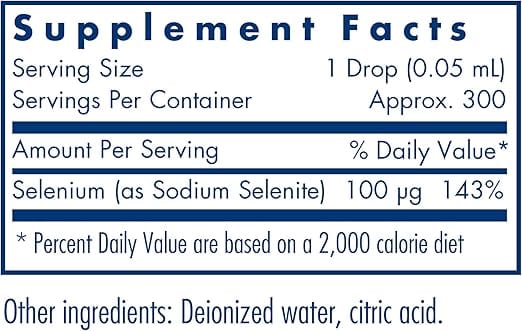

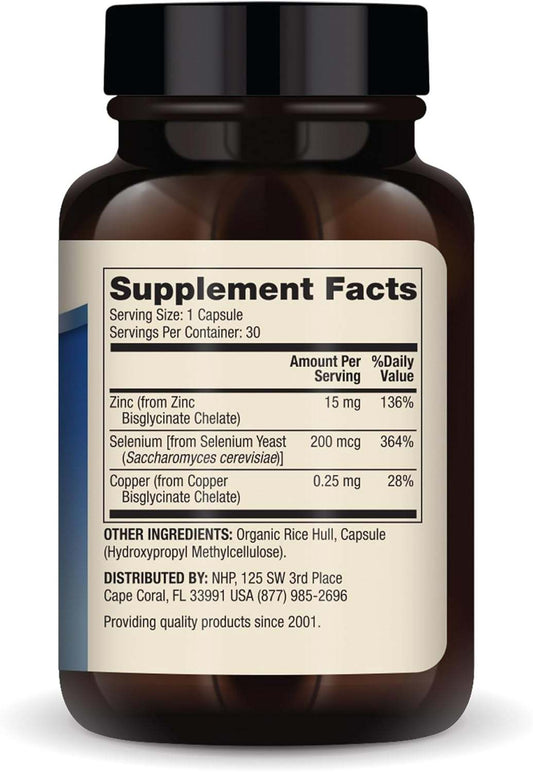





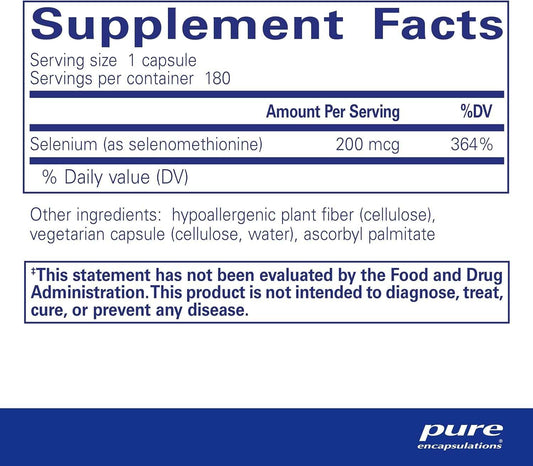

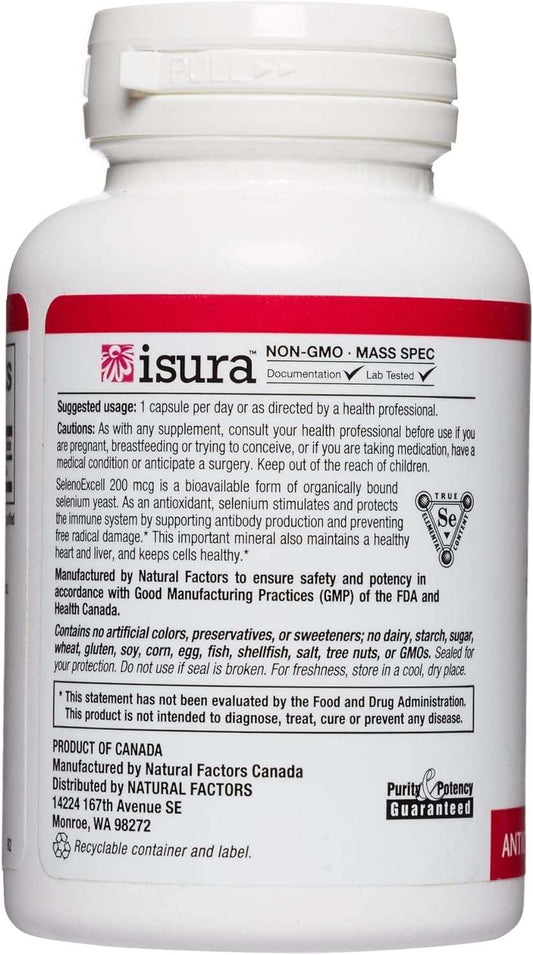

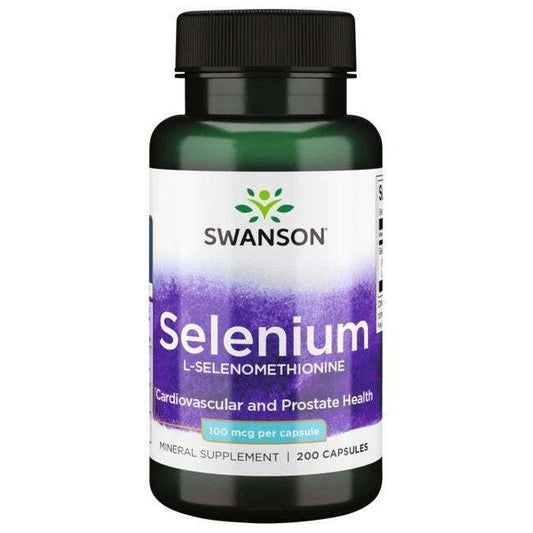

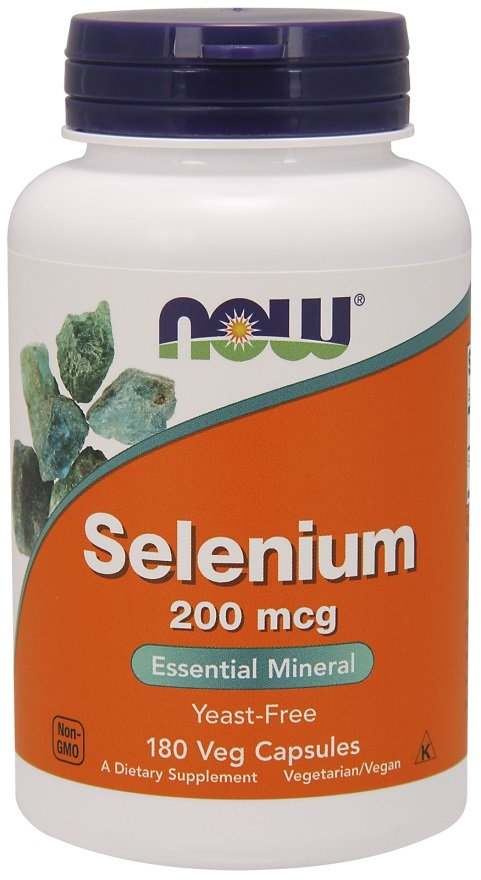

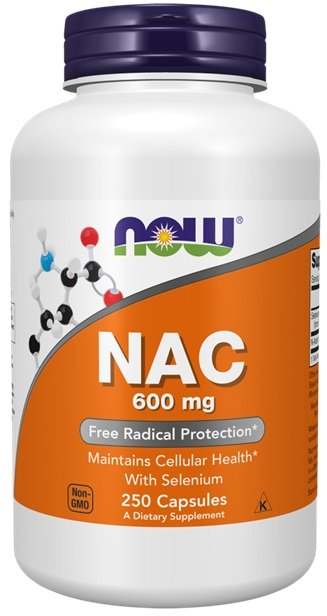


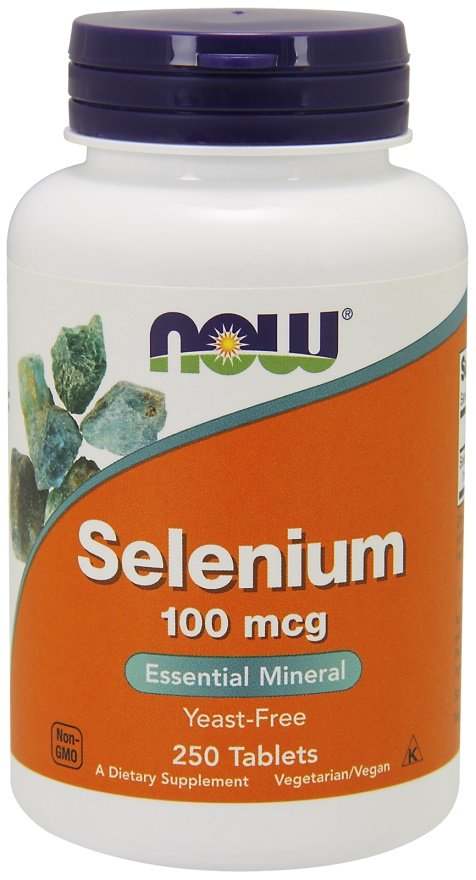


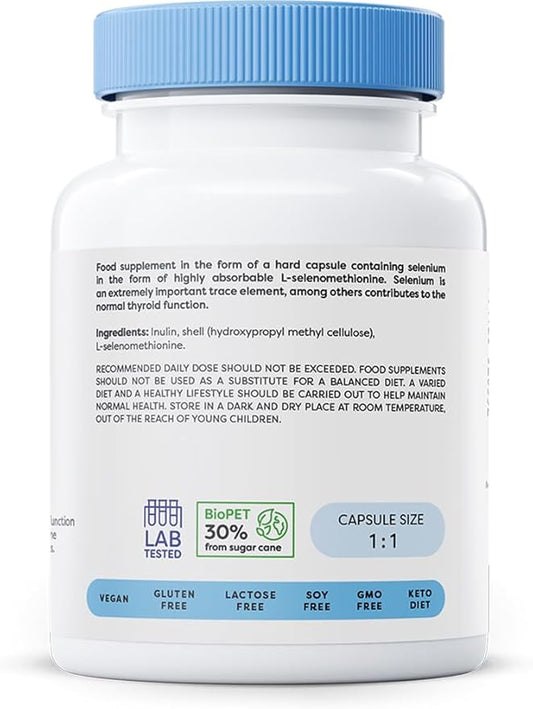



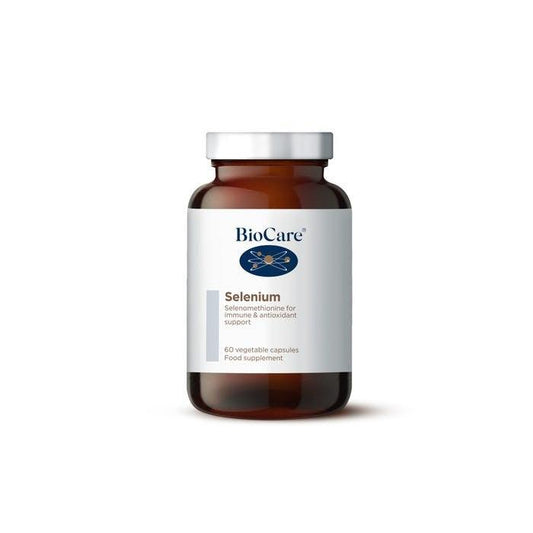




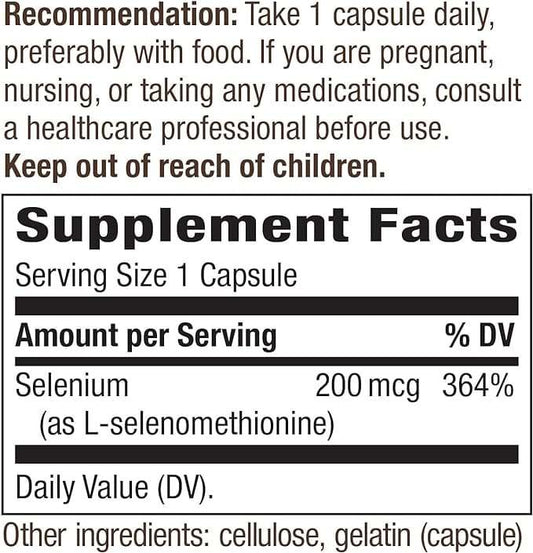
 Rated Excellent by 26,523+ Reviews
Rated Excellent by 26,523+ Reviews